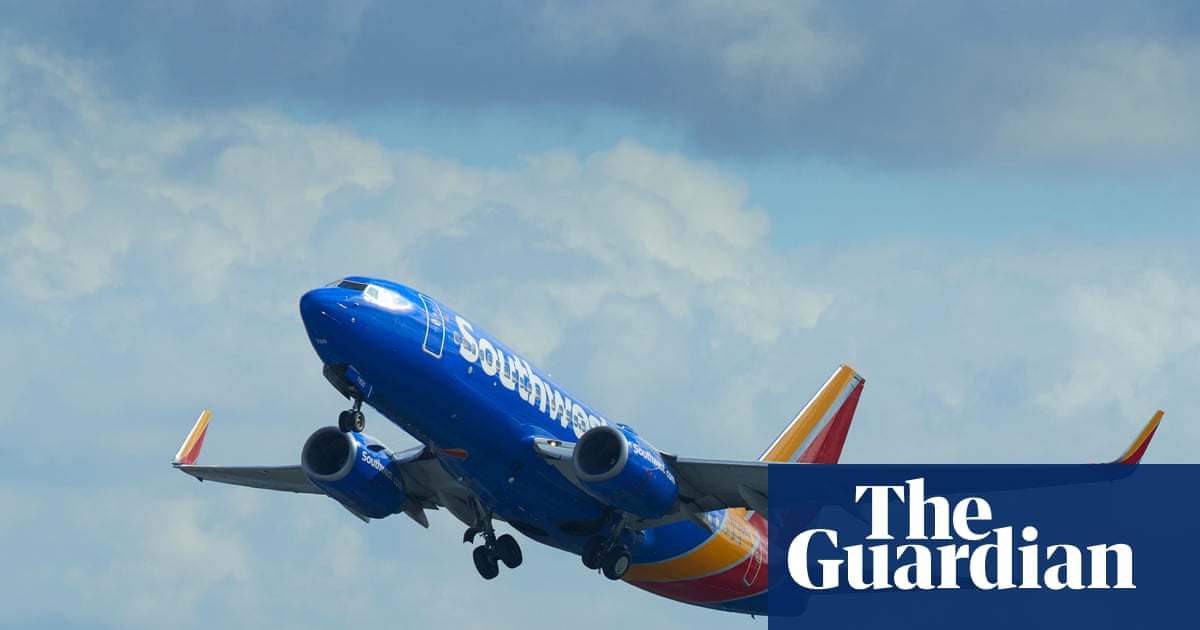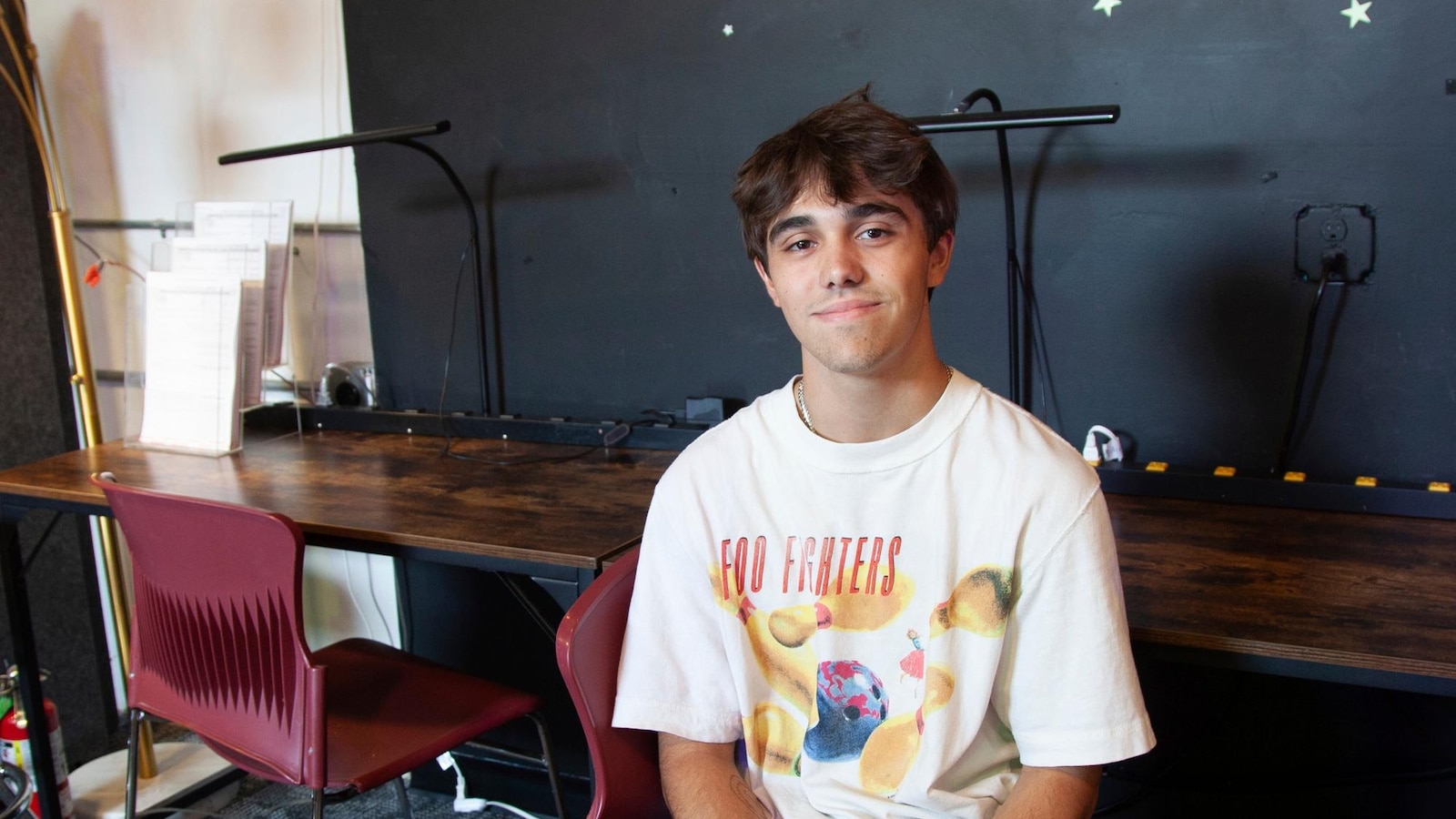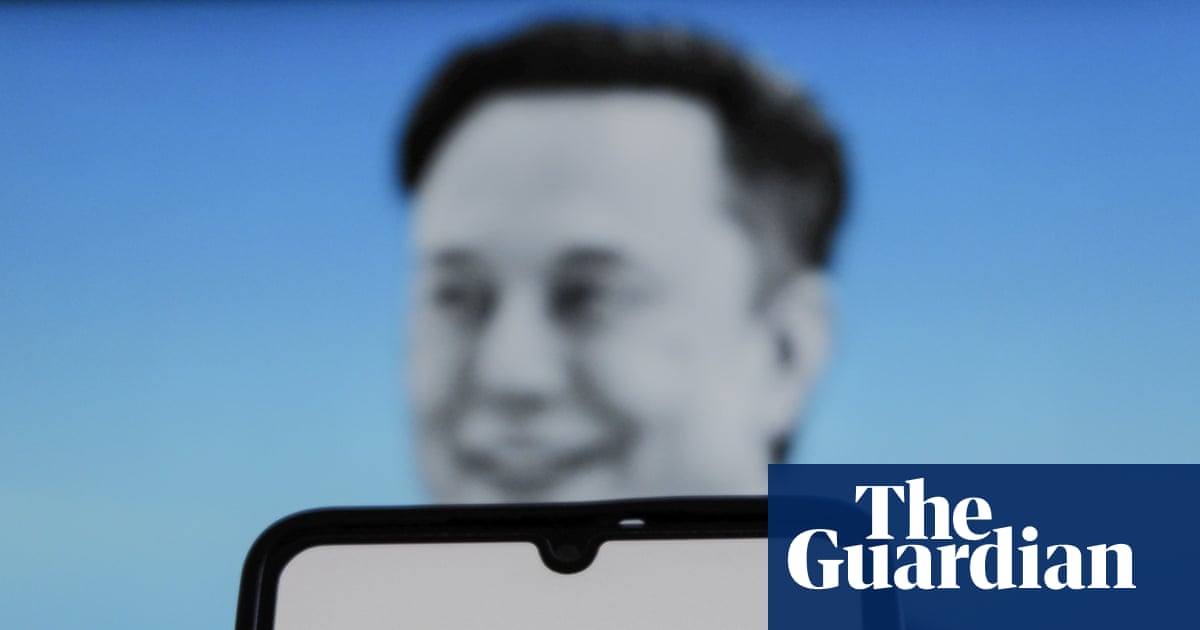Is AI Talent the New Gold Rush? Sam Altman's Feud with Mark Zuckerberg Heats Up!

Imagine a world where tech giants are not just competing for market share but are in an all-out war for the brightest minds in artificial intelligence. This is the shocking reality as OpenAI's CEO, Sam Altman, takes a stand against Meta's aggressive talent acquisition tactics, referring to the competition as a 'war cry.' With the stakes raised higher than ever, Altman’s fiery words reveal just how serious the battle for AI supremacy has become.
In a recent podcast interview, Altman didn’t hold back when discussing Meta's approach to hiring top AI talent. He accused Meta's CEO, Mark Zuckerberg, of employing what he termed a 'mafioso poaching style' to entice researchers away from rival companies. This isn’t just business; it’s personal. 'Winning is fun. And I expect to win,' he declared, leaving no doubt about his competitive spirit.
Earlier this month, Altman had already hinted at the growing tension, responding briefly with 'fine' and 'good' when asked about the talent battle with Zuckerberg. It's clear that he is confident in OpenAI's team, stating, 'We have, obviously an incredibly talented team, and I think they really love what they are doing.' Still, the allure of Meta's offers looms large. With reports indicating that Meta has successfully recruited at least seven OpenAI researchers for its new Superintelligence Labs, the gravity of the situation cannot be overlooked.
These new Meta Superintelligence Labs are led by Alexandr Wang, former CEO of Scale AI, and feature some of the brightest minds from OpenAI. This includes key contributors to OpenAI's reasoning models, sparking concern among Altman and his team. Allegedly, Meta has offered compensation packages that soar to $20 million annually for these specialists—a staggering sum that makes the competition for talent intensely fierce.
Adding fuel to the fire, Meta's CTO, Andrew Bosworth, weighed in as well, pointing out that Altman might be neglecting to mention how he’s countering those enticing offers. Rumors swirl around OpenAI possibly offering signing bonuses that could reach $100 million. With only about 2,000 researchers globally capable of building foundational AI models, the talent pool is small, making this rivalry not just competitive but downright cutthroat.
As this saga unfolds, it poses essential questions for the future of AI: How far will these companies go to secure talent? And what does this fierce competition mean for innovation in the field? One thing's for sure: the battle for AI supremacy is just beginning, and the outcomes could shape the world as we know it.

















